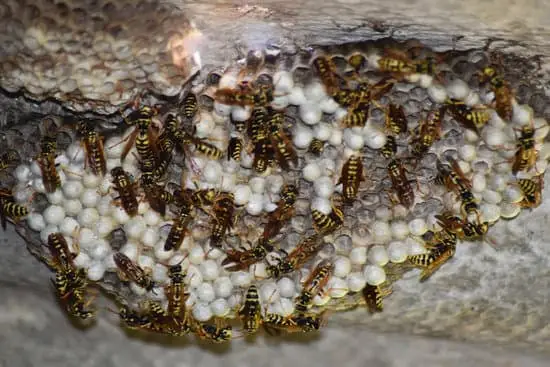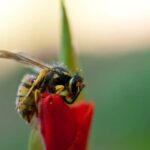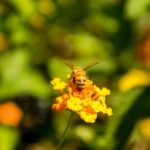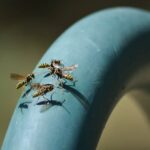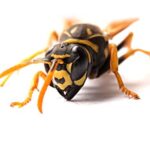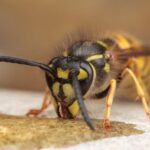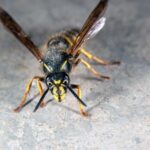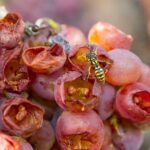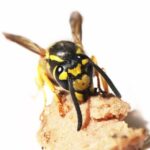What Good Are Wasps to the Environment?
Despite their reputation for being stingers, wasps actually play an important role in the ecosystem. They are predators and pollinators, and they help keep insect populations in check. Some wasp species have been found to pollinate more than 1,000 species of plants. They can also provide pest control and provide habitats for other insects.
A study by researchers at the University of East Anglia in Britain found that stinging wasps are beneficial to ecosystems and human health. Among other things, they disperse seeds. Their larvae break down biomass in the soil, which releases nutrients. Their venom is also a potential source of new medicines.
Wasps are not bees, but they have many similarities. They are social insects, meaning they live in colonies and have queens. They are also omnivores, meaning they eat both plants and animals. They also have fast reproductive cycles. Wasps are known to produce powerful antibiotics in their venom.
Wasps have been linked to plant life cycles, but the relationships between wasps and plants are complex. Some wasps are predators, others are parasites. Most wasps are solitary, but some species are colonial. They may have thousands of workers. Social wasp colonies also provide shelter for other animals.
There are over 100,000 species of wasps. Some werep species have been found to pollinate plants, while others are parasites. There are also several parasite wasp species that are commercially available. They are a boon to farmers, since they help to protect crops by eating pests.
